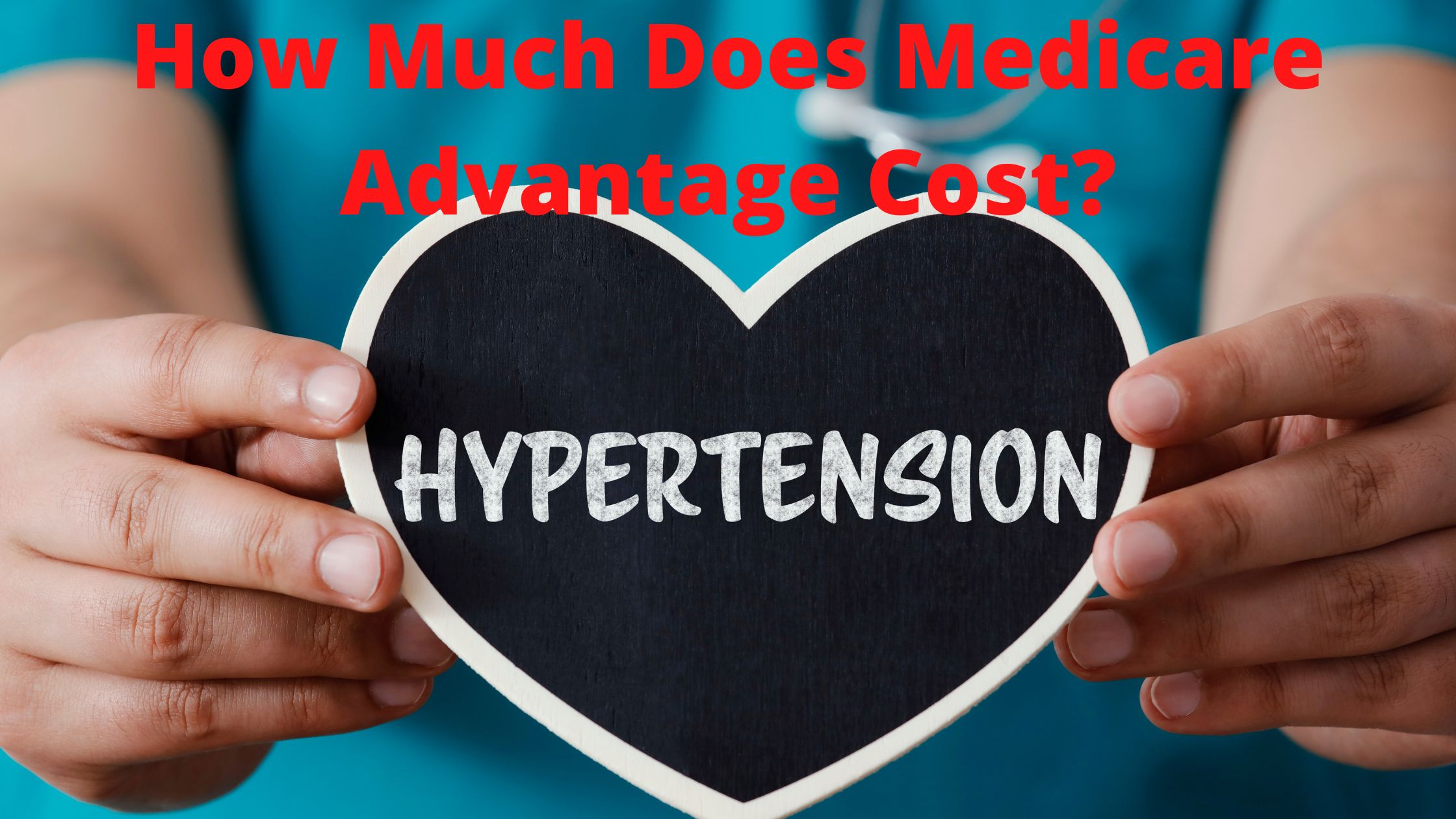Medicare Advantage Plans (MAPs) are a type of health insurance plan offered by the Medicare program. They offer benefits similar to those that are provided by Part D plans, but there are some key differences you should be aware of if you are thinking about enrolling in one.
What Are the Key Differences Between Part D and Medicare Advantage Plans?
In general, there are several key differences between Medicare Part D and Medicare Advantage plans. Here are a few key points to keep in mind:
1. Part D is a prescription drug program run by the Centers for Medicare & Medicaid Services (CMS). Medicare Advantage plans are private insurance programs that offer benefits similar to those found in traditional Medicare, but may have additional features, such as a wider variety of doctors and hospitals participating.
2. Part D is generally less expensive than Medicare Advantage plans. However, there are some exceptions – specifically, plans with coinsurance rates that are above the standard 75% will be more expensive than plans with lower coinsurance rates. In addition, premiums for Part D plans can be higher than those for Medicare Advantage plans, although the out-of-pocket costs for most enrollees are usually lower.
3. There are two types of coverage available through Part D: stand-alone coverage and Medigap coverage. Stand-alone coverage is similar to traditional Medicare, while Medigap coverage is available only through Part D plans and provides additional benefits not found in traditional Medicare, such as discounts on prescription drugs.
4. Most Parts D policies require members to maintain continuous coverage in
Which Plan is Better for Me?
When it comes to choosing a plan, there are a few key differences between Part D and Medicare Advantage plans.
Part D is the government-run plan that covers prescription drugs. Medicare Advantage plans are private plans that offer additional benefits, like access to doctor appointments, mental health services and more.
Here are some of the key differences:
– Part D plans have lower premiums and monthly costs than Medicare Advantage plans.
– You can only enroll in a Part D plan if you have Medicare coverage, while you can join an Medicare Advantage plan at any time.
– Part D plans have a narrower network of pharmacies that participate in the program, while Medicare Advantage plans have a wider network of pharmacies.
– Part D plans usually don’t cover supplemental insurance premiums and other out-of-pocket costs, while Medicare Advantage plans do offer coverage for those costs.
What is a Specialty Pharmacy?
Medicare Advantage plans are a type of health insurance that offer Medicare beneficiaries enhanced benefits and lower premiums than traditional Medicare. A specialty pharmacy is a pharmacy that specializes in providing care for a certain illness or condition. Specialty pharmacies can be helpful for people with specific health concerns, such as diabetes or heart disease.
What is the Part D Drug Discount Program?
The Part D Drug Discount Program (PDP) is a government-run program that provides discounts on prescription drugs for Medicare beneficiaries enrolled in Part D drug plans. The PDP is separate from Medicare Advantage plans, which are private insurance programs offered by companies as an alternative to traditional Medicare.
The PDP offers two types of discounts: the medication discount card (MDC) and the pharmacy discount card (PCC). The MDC provides a 50% discount on medications when the drugs are purchased through a participating pharmacy, while the PCC provides a 10% discount on all prescriptions filled at participating pharmacies.
The PDP has been expanded over time to include more medications and pharmacies. In addition, the PDP now includes an extra benefit: free generic drugs for all Medicare beneficiaries who have prescription drug coverage through their Part D plan.
The PDP is available to everyone with prescription drug coverage through their Part D plan, regardless of whether they are enrolled in an MA or not. In order to take advantage of the PDP, however, beneficiaries must first enroll in the program and then use their MDC or PCC to obtain discounts on medication purchases.
There are several important things to note
How Much Does Medicare Advantage Cost?
Medicare Advantage plans, also known as Medicare Part D, offer seniors a variety of benefits and premiums that can vary greatly depending on the plan. In general, Medicare Advantage plans are more expensive than traditional Medicare coverage, but they can also offer better features and care. Here are some key differences between Medicare Advantage and traditional Medicare:
1) Medicare Advantage plans have more comprehensive benefits coverage. These plans typically include coverage for prescription drugs, doctor visits, hospital stays, and other health services.
2) The premium for a Medicare Advantage plan can be higher than for a traditional Medicare plan. This is because the plans typically have higher premiums to cover the additional costs associated with the more comprehensive benefits coverage.
3) A Medicare Advantage plan may offer more convenient access to doctors and pharmacies. Plans typically have a network of providers so that patients can easily find a doctor or pharmacy in their area.
4) Most Medicare Advantage plans offer some form of disability insurance. This insurance provides protection from unexpected costs if a senior suffers an illness or injury that prevents them from working.
5) A Medicare Advantage plan may be easier to use than traditional Medicare. Plans usually have simplified billing procedures and 24/7 customer support.
Conclusion
Medicare Advantage plans are great for those who want more control over their healthcare spending. They offer features such as choice of doctor, hospital, and pharmacy, which can save you money. However, there are some key differences between Part D and Medicare Advantage plans that you should be aware of if you are thinking about switching to a Medicare Advantage plan. If you have questions about whether a particular Medicare Advantage plan is right for you, speak with your insurance agent or visit the website of the plan you’re interested in.

